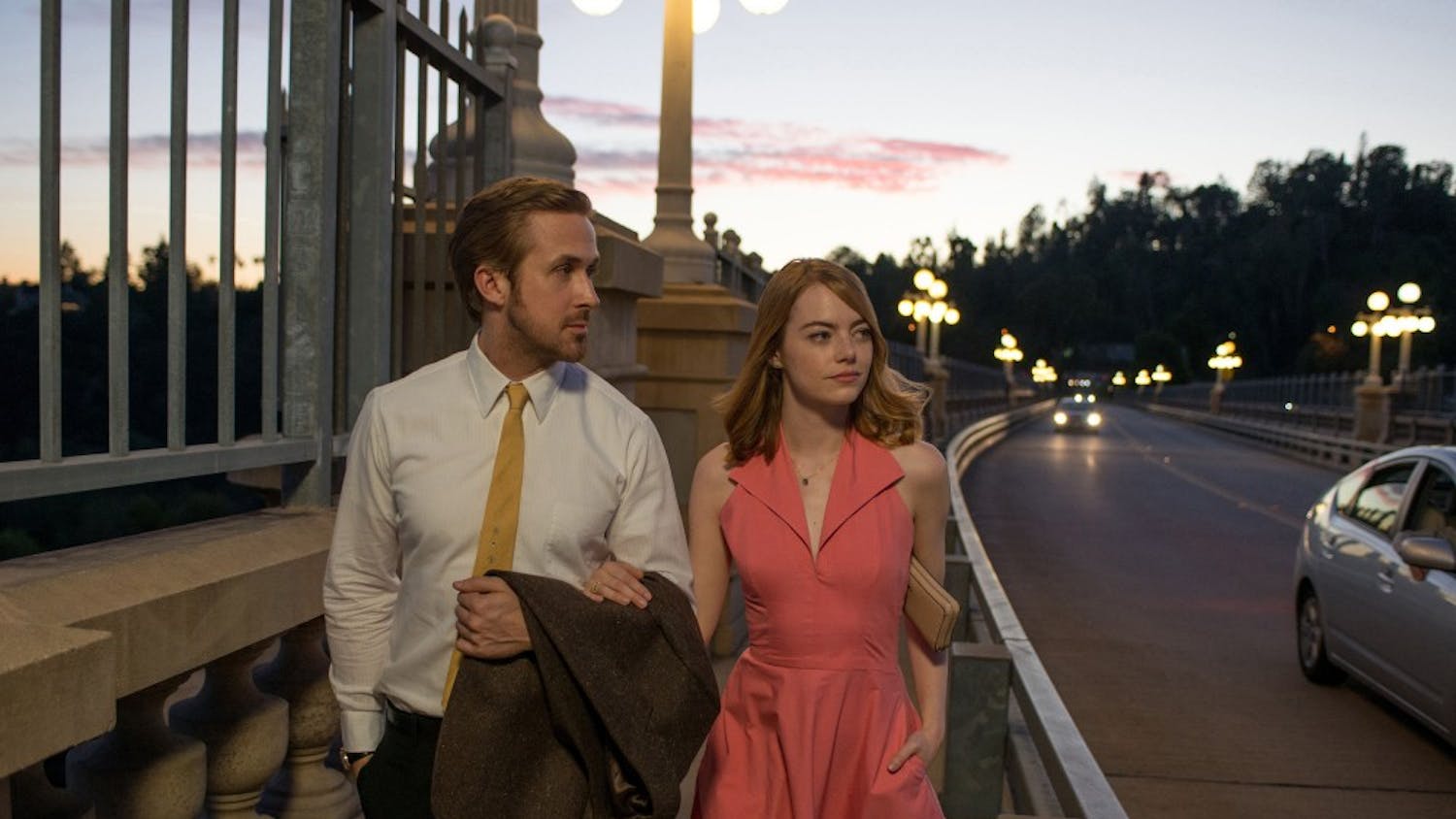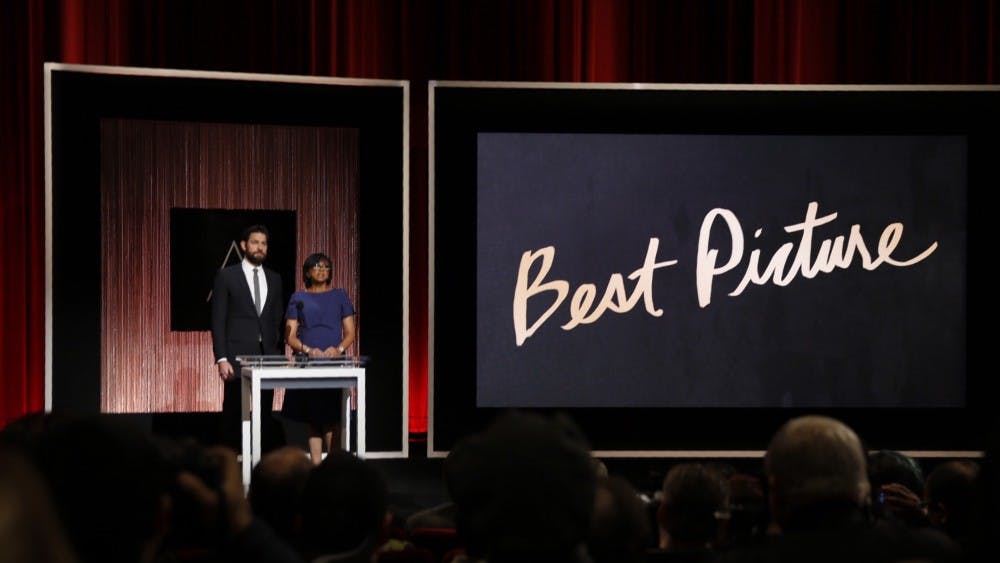Jazz veteran Herbie Hancock thanked the Academy for, "courageously breaking the mold,” a little more than a week ago as he blocked the undeserving Amy Winehouse from getting her greasy, cocaine-covered fingers on the Album of the Year award. Aging jazz artists such as Hancock are often swept under the rug and struggle to stay afloat in the changing tide of music, while untalented, contemporary musicians receive constant radio airplay.
But, as with any endeavor, one must humbly start somewhere. In 1960, when Hancock was a mere 20 years old, jazz-trumpet pioneer Donald Byrd recruited Hancock to join his group. Through this hook-up, Hancock met Blue Note Records co-founder Alfred Lion and in 1963, released his first solo album Takin’ Off.
Subsequently, that same year, Hancock received a call from the already well-respected band leader/trumpeter Miles Davis. This endeavor furthered Hancock’s career and was probably what many would consider the event that led him to his throne among exalted jazz greats such as Davis, John Coltrane, Chick Corea, Thelonious Monk and others.
Hancock quit the group in 1968 but continued to make appearances on Davis’ albums. In 1973, Hancock founded his new group The Headhunters, and together, they recorded a milestone of jazz-fusion music Head Hunters. The album included a remake of “Watermelon Man” from Hancock’s Takin’ Off, which wasn’t too well-received by jazz critics since it was such a far cry from the original, traditional jazz tune. Despite its nontraditional sound, Head Hunters was the first jazz album ever to go platinum.
This album was Hancock’s statement to the jazz world that crossing boundaries and mixing genres was not only perfectly acceptable, but also necessary in order for jazz to survive. He appeared on what is considered the first fusion album ever, Miles Davis’ Bitches Brew, which he recorded with Davis in 1969.
Head Hunters hints at Hancock’s early interest in electronic music. He uses synthesizers and the distinctive clavinet – a hybrid between a keyboard and an electric guitar. All of this interest in fusion and electronic music can be traced back to the time Hancock spent in college, when he double-majored in music and electronic engineering.
The all-too-familiar bass lines of “Chameleon,” the first track on Head Hunters, provide me with some of the most intoxicating feelings of groove and downright funk ever available. Drummer Harvey Mason lays down one of the most solid drum tracks of the era, which makes me – a drummer for more than a decade now – wish I had the immense amount of groove that lies in his pinky toe. Hancock unleashes on the clavinet, playing staccato rhythms and wailing solos so awe-inspiring that inattentiveness isn’t conceivable.
Good things come to those who wait, or at least, those who wait until about the eight-minute mark of the track when Hancock uses the synthesizer to create some ethereal sounds for him to solo over. At the same time, the bass line changes, and the drums get a little more syncopated. If your head isn’t bobbing, you’d better have a neck brace on.
The third song “Sly” is a tribute to funk-man Sly Stone. The cycles of syncopated rhythms and hits in this song hold the listener’s attention for about the first two minutes before the song explodes into a spaced-out swell of noises for a few bars.
This breakdown is immediately followed by a fast-paced and a quite funky section of solos. Bennie Maupin plays an amazing, frantic-sounding solo, which tends not to stray far from the upper register of his saxophone. Hancock rips through his solo with the level of mastery that can only be expected of him. It’s long, but never redundant or boring. This man should write a book on how to solo in fusion music. Herbie Hancock should not be forgotten by anyone who considers themselves a fan of music. Making Head Hunters, a milestone in fusion jazz, would be enough to canonize him, but he’s played it all, from jazz to R&B to blues to rock to electronic to drum ’n’ bass, and he’s won 12 Grammy awards total. He has done everything under the sun a musician would want to accomplish in a lifetime. Come on, give it up for Mr. Hancock.
Herbie's got the funk
Reflecting on the essential Head Hunters

Get stories like this in your inbox
Subscribe





